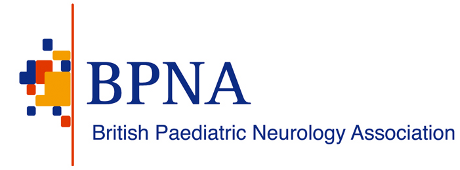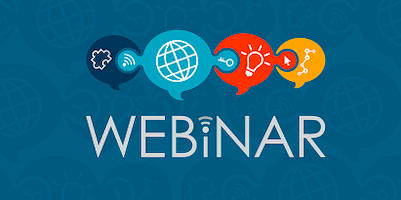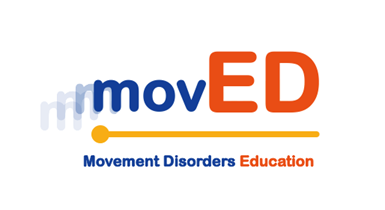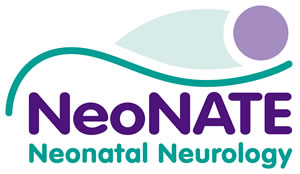BPNA International Paediatric Epilepsy Training (PET) Programme
Transforming Epilepsy Care for Children Around the World
Epilepsy affects 10 million children globally, with 80% living in low- and middle-income countries (LMICs). In some countries, as many as 99% of these children are not receiving the treatment they need to manage their seizures. The British Paediatric Neurology Association (BPNA) aims to change this by partnering with organisations around the world to deliver Paediatric Epilepsy Training (PET). For nearly 20 years, our PET courses have empowered healthcare professionals with the knowledge and skills they need to diagnose and treat epilepsy effectively.
Why Paediatric Epilepsy Training (PET) is Crucial
Epilepsy can be a devastating condition that profoundly affects not just the child but the entire family. Imagine a child having seizures that come without warning, leading to dangerous falls, burns, or other injuries. These physical dangers are only part of the story. In many communities, especially in low- and middle-income countries, there are widespread misconceptions about epilepsy. People might believe it’s caused by evil spirits or is contagious, leading to severe social stigma.
Children with epilepsy often face isolation, being shunned by their peers and excluded from school activities. Families, too, can be ostracized, making it difficult to find support and understanding within their community. Parents live in constant fear, unsure when the next seizure will happen or how to manage it.
The psychological toll is immense - children may feel different and misunderstood, while parents struggle with guilt and helplessness. This is why the BPNA’s Paediatric Epilepsy Training (PET) Programme is so vital. By educating healthcare professionals on how to properly diagnose and treat epilepsy, we can reduce the risk of injury, alleviate the social stigma, and provide these children and their families with the care and support they desperately need.
Addressing the Epilepsy Treatment Gap
In low- and middle-income countries (LMICs), the scarcity of epilepsy specialists makes it crucial to train other healthcare workers in epilepsy care. Recognizing this need, the World Health Organization (WHO) identifies healthcare workforce training as a key lever for change. The BPNA’s Paediatric Epilepsy Training (PET) Programme bridges this gap by equipping non-specialists with essential epilepsy management skills. PET is endorsed by the International League Against Epilepsy and is featured in the WHO’s technical brief on improving the lives of people with epilepsy.
Global Reach and Impact of PET
- International Reach: PET courses have been attended by over 20,000 healthcare professionals and are currently running in 14 countries, including Australia, Brazil, Colombia, Ghana, India, Kenya, New Zealand, Singapore, South Africa, Tanzania, Uganda, United Kingdom, Zambia, and Zimbabwe.
- Global expertise: PET is taught and written by a global faculty of expert paediatric neurologists, and is applicable to healthcare settings around the world.
- Clinical Improvements: Our evaluation published in Developmental Medicine and Child Neurology found that 98% of PET attendees changed their clinical practice post-course and 64% made changes to their wider clinical service.
- Real-World Outcomes: New treatment guidelines and medications introduced in countries like Sudan, Myanmar, and Brazil have significantly improved care.
Join Our Mission to Improve Epilepsy Care
There are several ways you can get involved with PET and help us to transform epilepsy care worldwide:
- Book Your Place on a Course: Enhance your skills and knowledge by enrolling in one of our upcoming PET courses. Register now.
- Launch PET in Your Country: Are you a paediatric neurologist or healthcare leader interested in bringing PET to your region? We’d love to collaborate with you. Contact us to discuss how we can support you in launching PET in your country.
- Sponsor International PET: Your organization can make a significant impact by sponsoring our PET programme. Get in touch to explore sponsorship opportunities.
- Provide Philanthropic Funding: Your generous support can help sustain and expand our programme, reaching more children and healthcare professionals around the world. To learn more about how you can contribute, contact us.
Together, we can make a difference in the lives of children with epilepsy.
Supporters
We are grateful to those who generously support the PET programme, enabling us to reach more children with epilepsy every year.
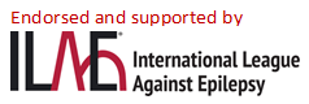

Partners
We are delighted to work with the following organisations to deliver PET around the world.
Asociación Colombiana de Neurología Infantil
Association Tunisienne de Développement de l'Epileptologie
Australia and New Zealand Child Neurology Society
East African Child Neurology Association
Liga Brasileira de Epilepsia
New Zealand League Against Epilepsy
Paediatric Association of Tanzania
Paediatric Association of Zimbabwe
The Paediatric Neurology and Development Association of Southern Africa
Paediatric Society of Ghana
Raindrops Children's Foundation
Singapore Epilepsy Society
Uganda Paediatric Association
Universidad de Antioquia
Zambia Paediatric Association
Learn More About Paediatric Epilepsy Training
For more details on our courses, visit our Paediatric Epilepsy Training page.
